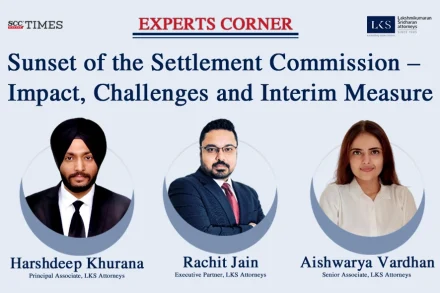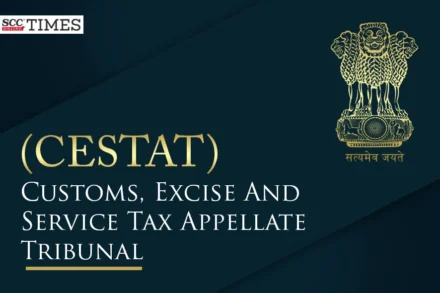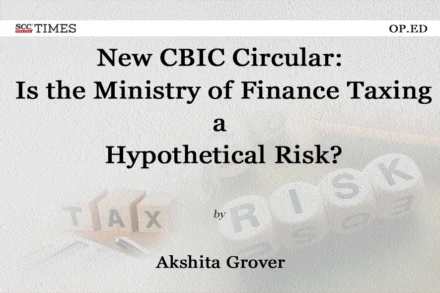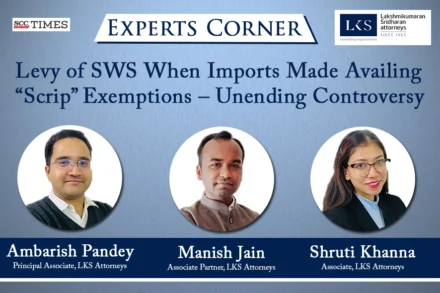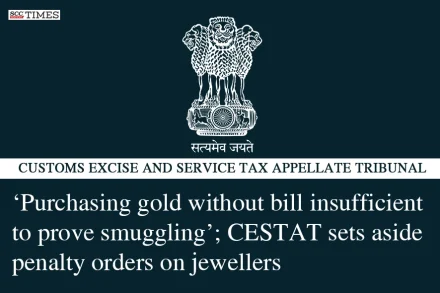
‘Purchasing gold without bill insufficient to prove smuggling’; CESTAT sets aside penalty orders on jewellers
“Mere act of purchasing gold without bill is highly insufficient to confirm the grave allegations of conspiring the act of smuggling of gold. Presumptions and assumptions can never be the basis for imposition of penalty”


